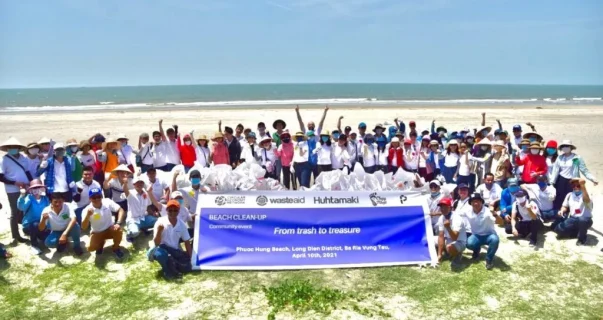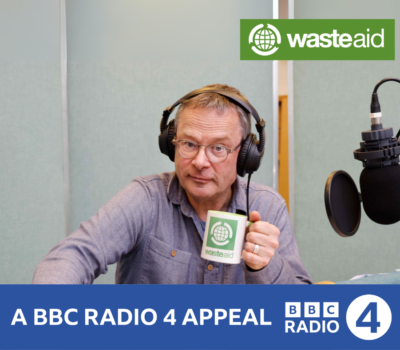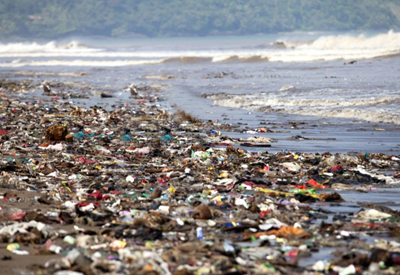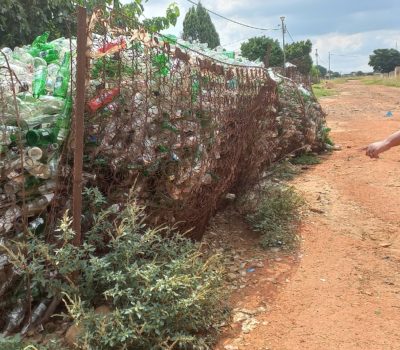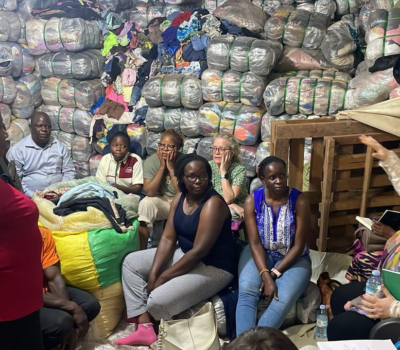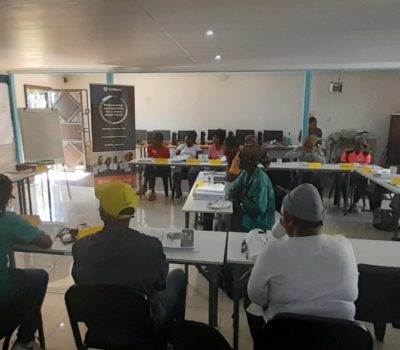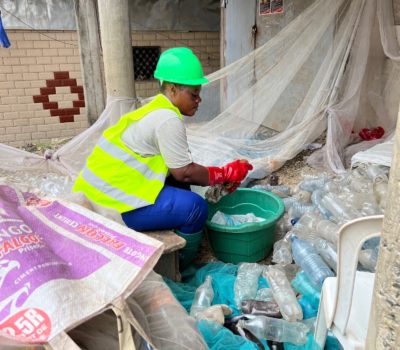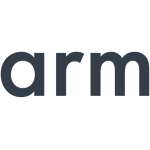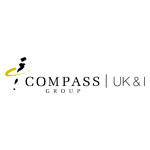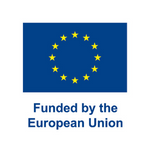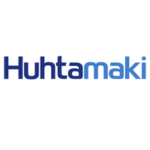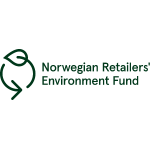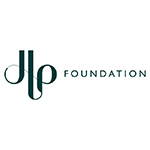Reversing Ocean Plastic Pollution in Vietnam
News
Author: Jessica Stickland
Published: 15 October 2021

Vietnam is facing a huge environmental challenge. The nation generates around 3.7 million tonnes of plastic waste every year, with just 10-15% being collected for recycling.
In fact, one study has found that around 730,000 tonnes of plastic waste leaks from the country into the ocean on a yearly basis. Change is a non-negotiable.
To highlight the importance of circular economy solutions in coastal cities across Vietnam, we put together a beach clean-up with our network partners, Run & Pick and Huhtamaki.
Local enterprise and network member, PLASTICPeople, educated the volunteers on waste segregation and demonstrated how even low-grade plastic can be recycled – closing the loop on 31% of the waste collected. Here’s what we got up to.
The problem with plastic waste
Fighting against a tide of marine plastic is hard.
For countries and communities that depend heavily on the ocean, plastic pollution is a food security challenge, a humanitarian challenge and an economic development challenge.
Across Vietnam, a coastline of more than 3260 kilometres runs along the length of the country, with dozens of water passages flowing into the sea. Plastic waste is a big problem.
Around 3.7 million tonnes of plastic waste is generated each year, a figure that is projected to increase by 36% between 2018 and 2030. At the same time, Vietnam is among the top five countries in the world that leak the most plastic waste into the sea.

(Vung Tau Beach before the clean-up, littered with plastic waste beneath the surface of the sand)
Unfortunately, poor national waste management means that waste is often treated by open dumping or burning, while only a small fraction is collected for recycling. These informal and uncoordinated activities cause harmful direct effects, such as air pollution and marine litter.
According to the IUCN, nearly 700 species of marine animals are affected by plastic pollution, while ocean pollution kills 100,000 sea mammals, one million seabirds and other marine flora and fauna (such as corals, sea turtles and fishes).
Reversing the impact of ocean plastic pollution is vital for Vietnam to thrive.
That’s the message we sought to bring to light through the Vung Tau beach clean-up. In close collaboration with Run & Pick, we welcomed more than 120 volunteers from the local youth union and the network’s project sponsor, Huhtamaki, to support our message.
Run & Pick is a local community group that runs regular clean-up events for Vung Tau residents, educating them about the nation’s challenges with ocean plastic pollution.
Nguyen Tan Phat, Founder of Run & Pick, said: “I am very happy to see the increasingly active role from different stakeholders in Vietnam, such as corporations and NGOs like Huhtamaki and WasteAid share circular economy knowledge and show strong collaboration during this clean-up event.”
Saving two tonnes of waste from the ocean
On the day of the event, the young and determined volunteers set off across Vung Tau Beach, armed with gloves, masks and reusable bags for the waste.
Despite seeming like a relatively waste-free beach on the surface, more than two tonnes of waste was collected in just a few hours. Much of the plastic waste was found buried into the sand, with volunteers pulling out huge nets and ropes.

(Volunteers were surprised to discover much of the waste was buried deep into the sand)
Mr Ho Quyen Loi, General Director for Huhtamaki Vietnam, said: “What we have seen today clearly shows that we have to discard waste to the right bins in order for them to not be swept into the ocean.”
After a busy morning of waste picking, volunteers were introduced to PLASTICPeople, a local enterprise and network member that transforms plastic waste into high-end furniture.
 (Co-Founder of PLASTICPeople, Nano Morante, educating volunteers on plastic waste management)
(Co-Founder of PLASTICPeople, Nano Morante, educating volunteers on plastic waste management)
Co-Founder of PLASTICPeople, Nano Morante, educated the volunteers on the importance of waste management and demonstrated how to prepare and process low grade plastic.
The volunteers were then able to put this new knowledge into practice, helping with the segregation and cleaning of the plastic waste so that it could be recycled easily.
Separating waste at source is an important first step in transitioning to a more circular economy. After all, waste that is segregated is much easier to recycle into new products.
On top of this, effective segregation of waste means that much less is likely to end up in landfill, making it more cost-effective and healthier for both people and the environment.
 (Volunteers preparing the plastic waste for recycling)
(Volunteers preparing the plastic waste for recycling)
By treating the different plastic materials, the volunteers were able to divert 31% from landfills – more than double the percentage that the nation collects for recycling each year – and create a complete close of loop for much of the collected waste.
This diverted plastic waste has now been transported into Ho Chi Minh City, ready to be recycled into a variety of high end office and house fixtures and fittings by PLASTICPeople.
Making a commitment to circularity
Towards the end of the day, the volunteers sat down to share their thoughts and feelings about ocean plastic pollution and the opportunities provided by circular economy solutions.
During the discussion, Huhtamaki employees contributed ideas to reduce single-use plastic.
Ms. Thanh, Head of Finance for Huhtamaki, said: “After today’s activities, we need to spread the message on non-littering and refusing single-use plastic to our families and communities. With 84 people from our company, I believe this effect can be widespread.”
“I’d also like to suggest to the management team to organise waste separation in the canteen as well as a proper policy to limit single use plastic, including bags and straws.”
 (Volunteers signing a commitment to a more circular way of living)
(Volunteers signing a commitment to a more circular way of living)
Both the youth union and Huhtamaki staff engaged in further conversations around making a commitment to the earth – and a commitment to a more circular way of living.
The end result? The signing of a commitment pledge to stop littering, say no to single-use plastic and to refer to the 3Rs – refuse, reuse, recycle – whenever necessary.
From trash to treasure
Having collected more than two tonnes of waste and closing the loop on 625 kilograms of the plastic, the event was heralded as a great success by local media and the volunteers.
Sharing knowledge and raising awareness on Vietnam’s waste crisis is the first step to driving real, sustainable change across the nation. Education is key.
The clean-up brought together circular innovations, community groups and citizens who are committed in their work to turn the tide on plastic pollution across the country.

